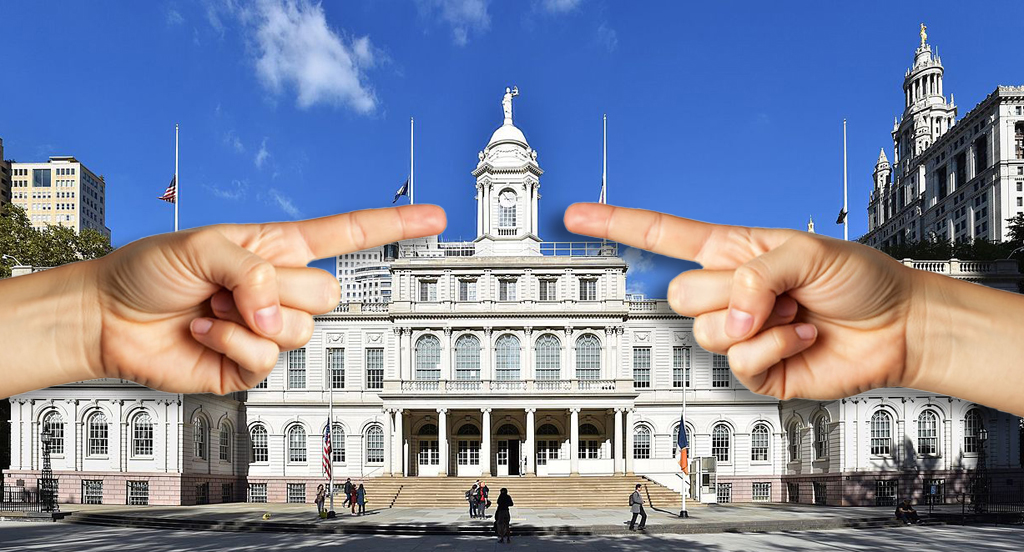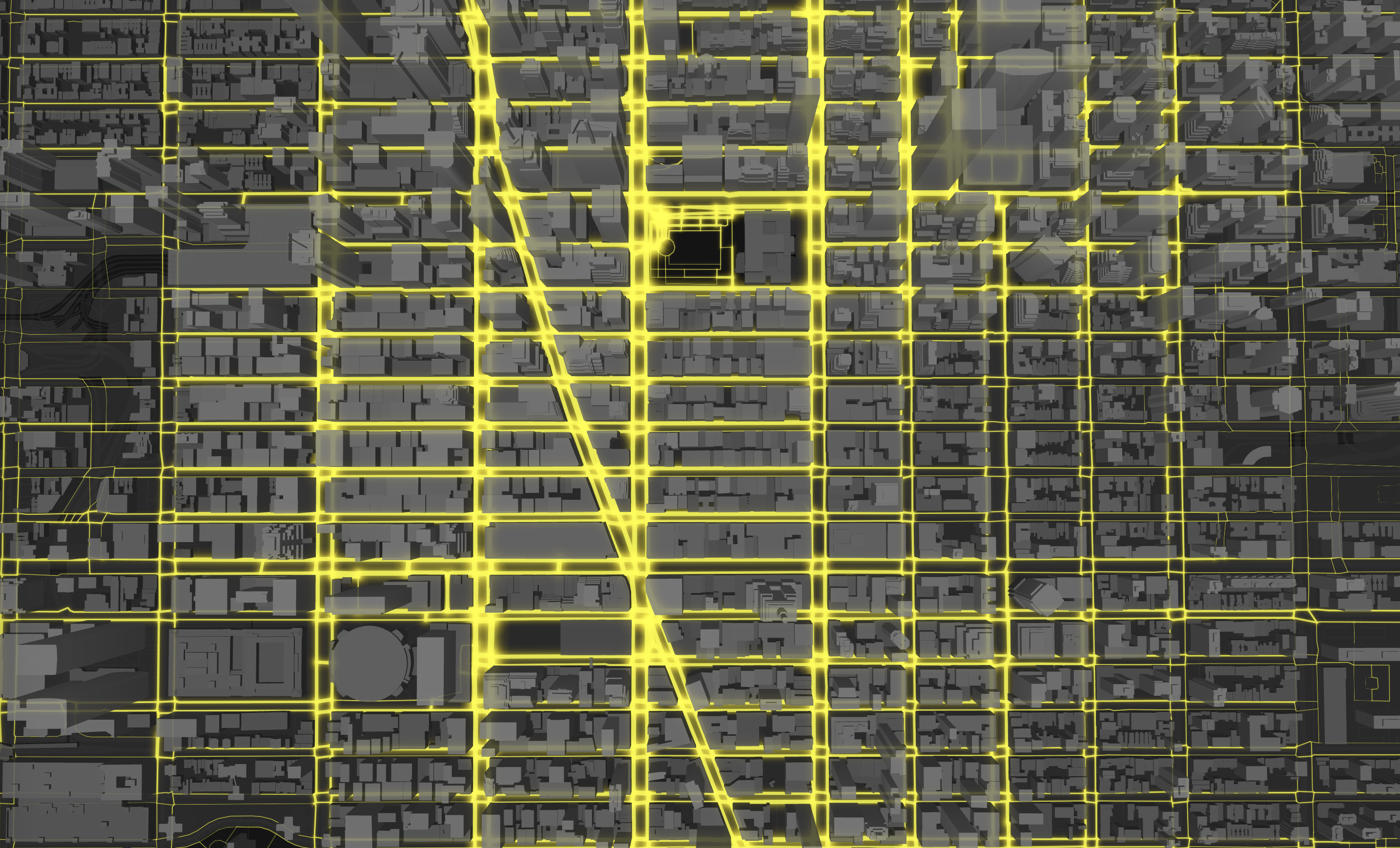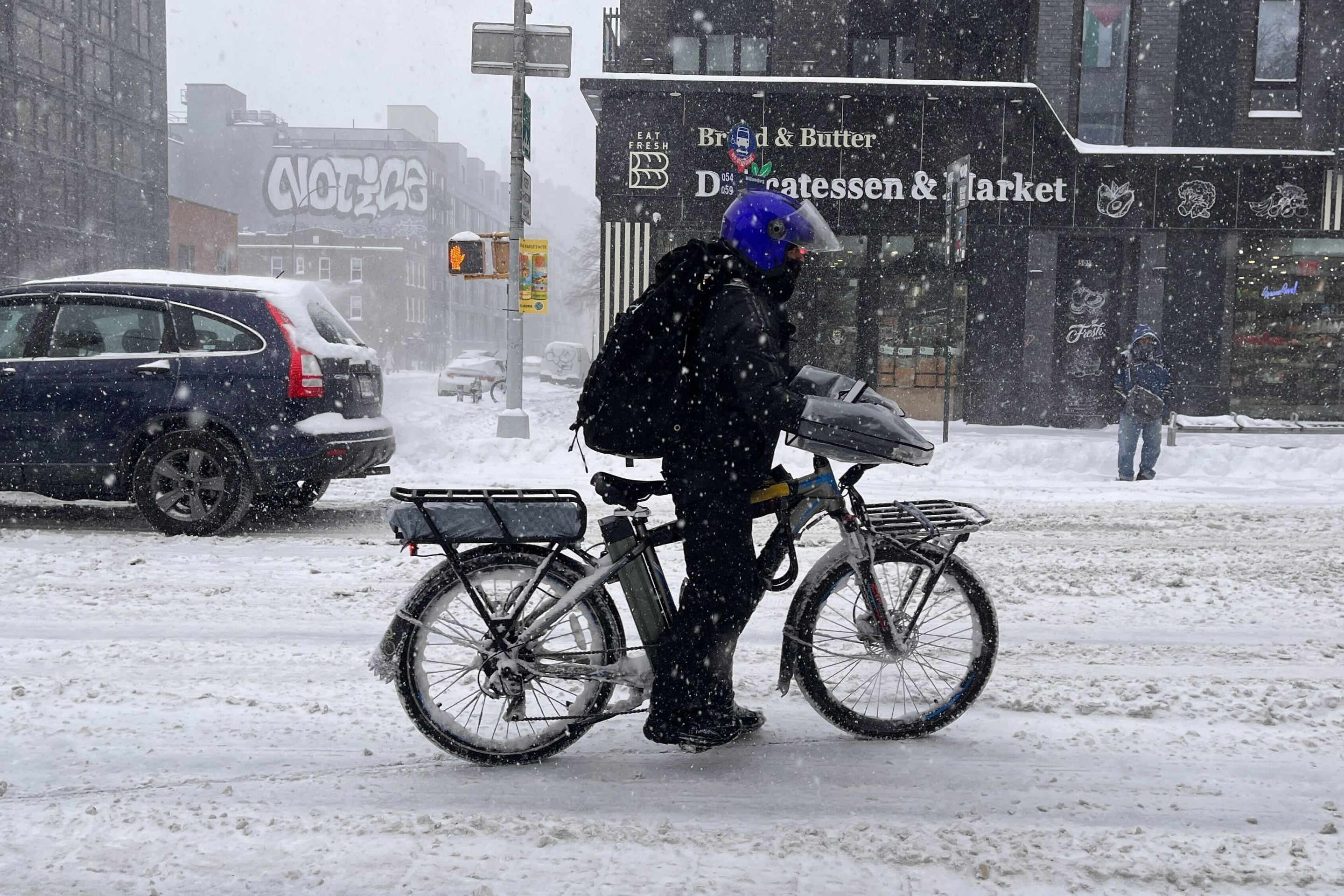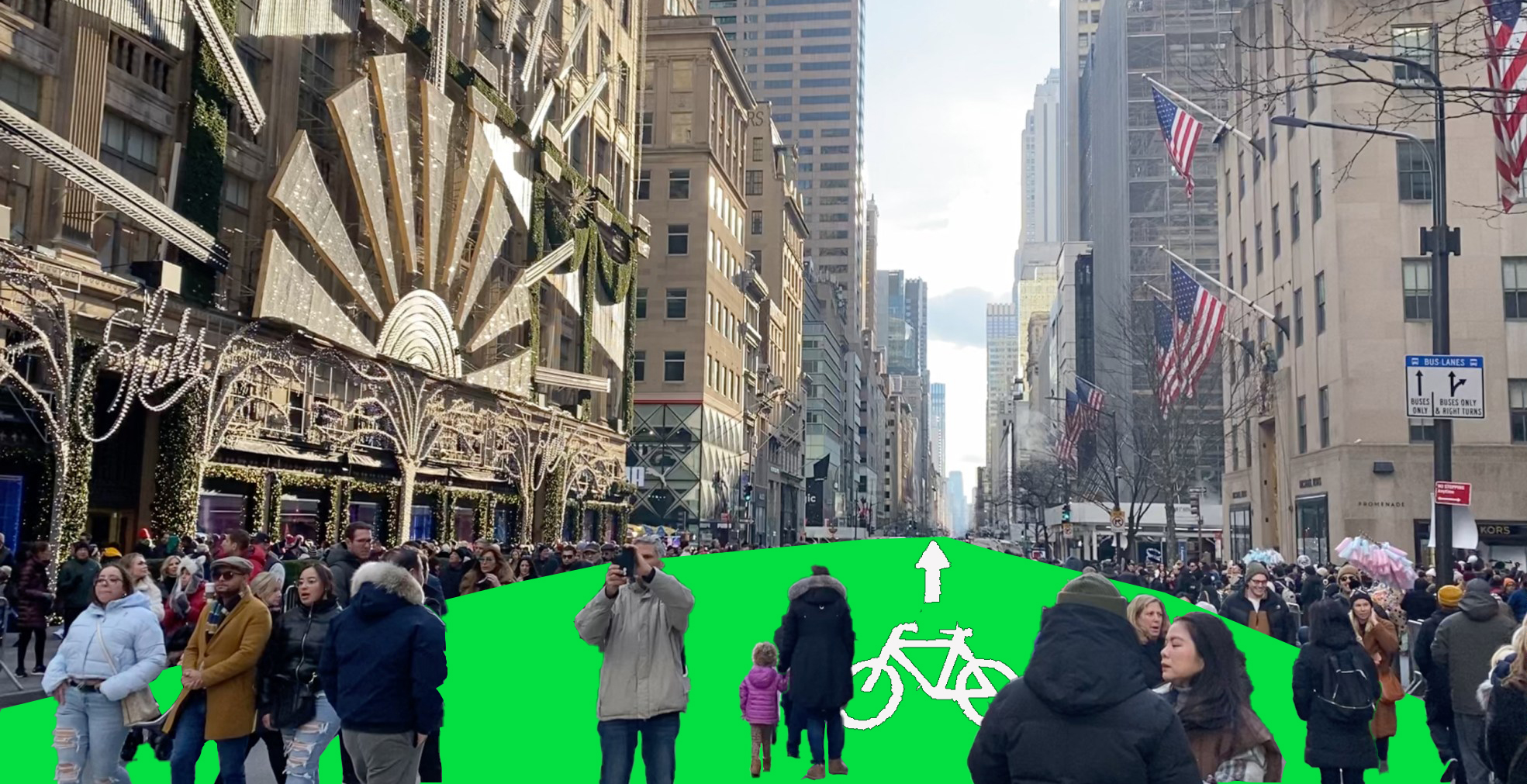Have you ever heard of the 85 percent rule in traffic engineering? I hadn't until I tried to get the speed limit lowered on my residential street, which is home to a K-8 elementary school in Cleveland's Detroit Shoreway neighborhood.
That's when the local traffic engineer explained to me that the 35 mph speed limit -- which, in effect, means drivers can go 45 with impunity -- was appropriate for my street because 15 percent of drivers exceed 35 mph. Outrageously, that's actually how transportation engineers in most places determine the safe traveling speed: They watch how fast cars go. While some cities have made progress with different approaches, like 20 mph zones, by and large it's the most reckless 15 percent who set the speed limit -- not the residents of a street or the parents of school children who might be walking around, crossing the streets those drivers travel on.
So that's the 85th percentile rule, and Pedro Madruga at Copenhagenize explains more thoroughly why it is badly in need of rethinking:
It's a method that cities all over the planet use to determine speed limits. It's the standard. Nobody questions it. Certainly not the engineers and planners who, for decades, have been served it up and who have swallowed it whole during their studies. Which reminds us of the old traffic engineer joke: Why did the engineer cross the road? Because that's what they did last year.
This whole concept is based on a model called the "Solomon Curve" that was developed in 1964. The Solomon Curve states that those who travel too slow are at greatest risk in traffic, Madruga explains:
Imagine a street where the average speed is 50 km/h. If the speed limit is reduced by 5 km/h then, according to this archaic model, the drivers are allegedly exposed to a higher risk. What is most shocking is that this entire concept completely ignores pedestrians and cyclists. Another horrific conclusion from this graph is that when you increase the speed limit, the crash risk is alleged to be less than for slow speeds.
The Institute of Traffic Engineers wrote: “The 85th Percentile is how drivers vote with their feet”.They forgot to mention that, when it comes to establishing speed limits in cities, pedestrians and cyclists are excluded from this election. They don't even get the chance to go to the polls.
All this right now in 2012. In your street. With your tax money.
Tell me about it!
Elsewhere on the Network today: The Architect's Newspaper writes up a greenway proposal in Milwaukee that could help connect segregated communities, and which seems to be gaining momentum. Jarrett Walker at Human Transit gives his take on why the recent Freakonomics travesty -- "Save the Earth, Drive Your Car" -- is so wrong. And Cap'n Transit gets in on the fun with his own critique.






